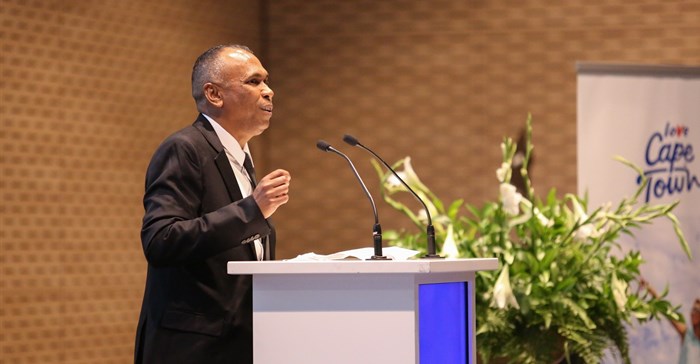Top stories
More news




















In the tourism sector, we see hundreds of entrepreneurs stepping out, some make it, some don’t. There are some key factors to consider when taking the leap into starting your own business.
Take a look at the market you want to go into – while imitation of a business model can work to some degree, it’s best to look for gaps in the market where an innovative idea can expand and fill that gap. Innovation isn’t just for the initial business proposal, it must accompany the entrepreneur throughout the business, building on, adding value. The differentiating factors are what sets businesses apart.
There are professionals with years of hard-won experience, you can network with them at industry events, develop a role where individuals you respect can provide mentorship and advice. You can do it the old-fashioned way, too, by reading and researching on related topics. You’ll be able to find out more about the aspects of business you may not have experience in, so if you’re the Big Ideas person, you can find out about financial management or marketing. For most SMMEs, the entrepreneur fulfills multiple, if not all, roles in the initial period. There may be funding available via grants to avoid having to take out loans – so research into this can help prevent the business from being hampered with loan repayments.
Partnerships needn’t threaten business autonomy, they can provide mutual benefits. Let’s say a new guest house teams up with someone operating a new shuttle service – both businesses gain from the marketing efforts and provide that “safety net” element. Since many opportunities rely on relationships and word-of-mouth advertising, the more people engaged with your business, the more you’ll find it becoming the first one that comes to mind.
Business is never entirely predictable – there may be external factors beyond the control of the business owner that disrupt the business and how it operates. Legislative changes such as visa regulations, or liquor laws, even water restrictions; these are examples of how businesses may find themselves struggling to adapt. In the business plan, scenario planning should be done to prepare for worst-case or unexpected scenarios so that solutions can be developed. If the goal line shifts, then the entrepreneur must be agile enough to align the business with new directions.
Mistakes will be made in this learning curve, but these can teach valuable lessons. Plenty of preparation will help to limit these, but if they help to steer the business into a more secure environment, then that’s a benefit. If the mistakes involve business relationships, don’t burn bridges, but rather maintain a professional attitude.
I have been involved in starting businesses, and failure is, unfortunately, possible. I had the disappointment of seeing a business closed, but then I did what any entrepreneur does, and put my mind to fresh projects. In my current role, I have the pleasure of interacting with energetic entrepreneurs every day - their stories, drive, and passion are inspiring and proof that it can be done.